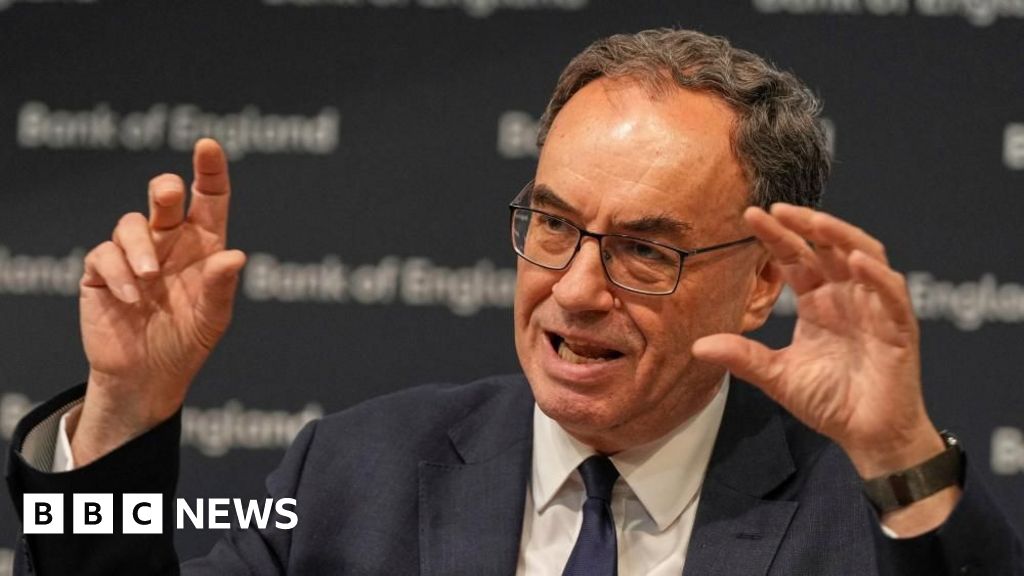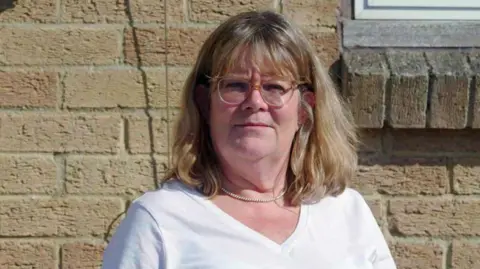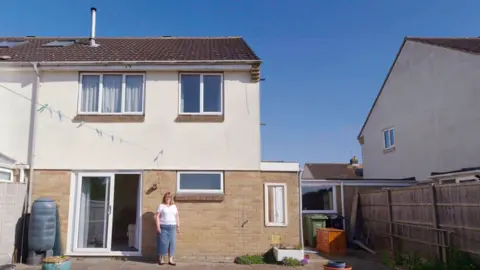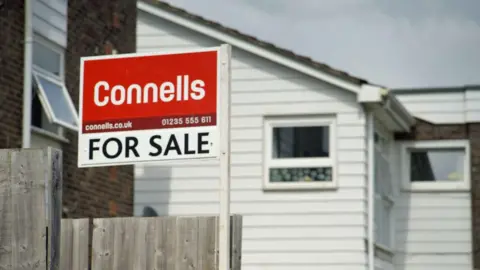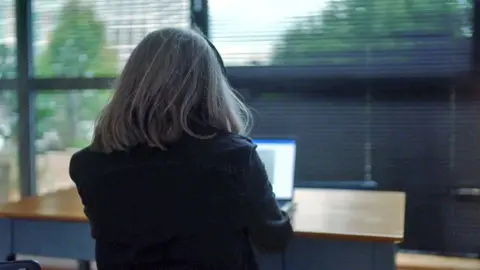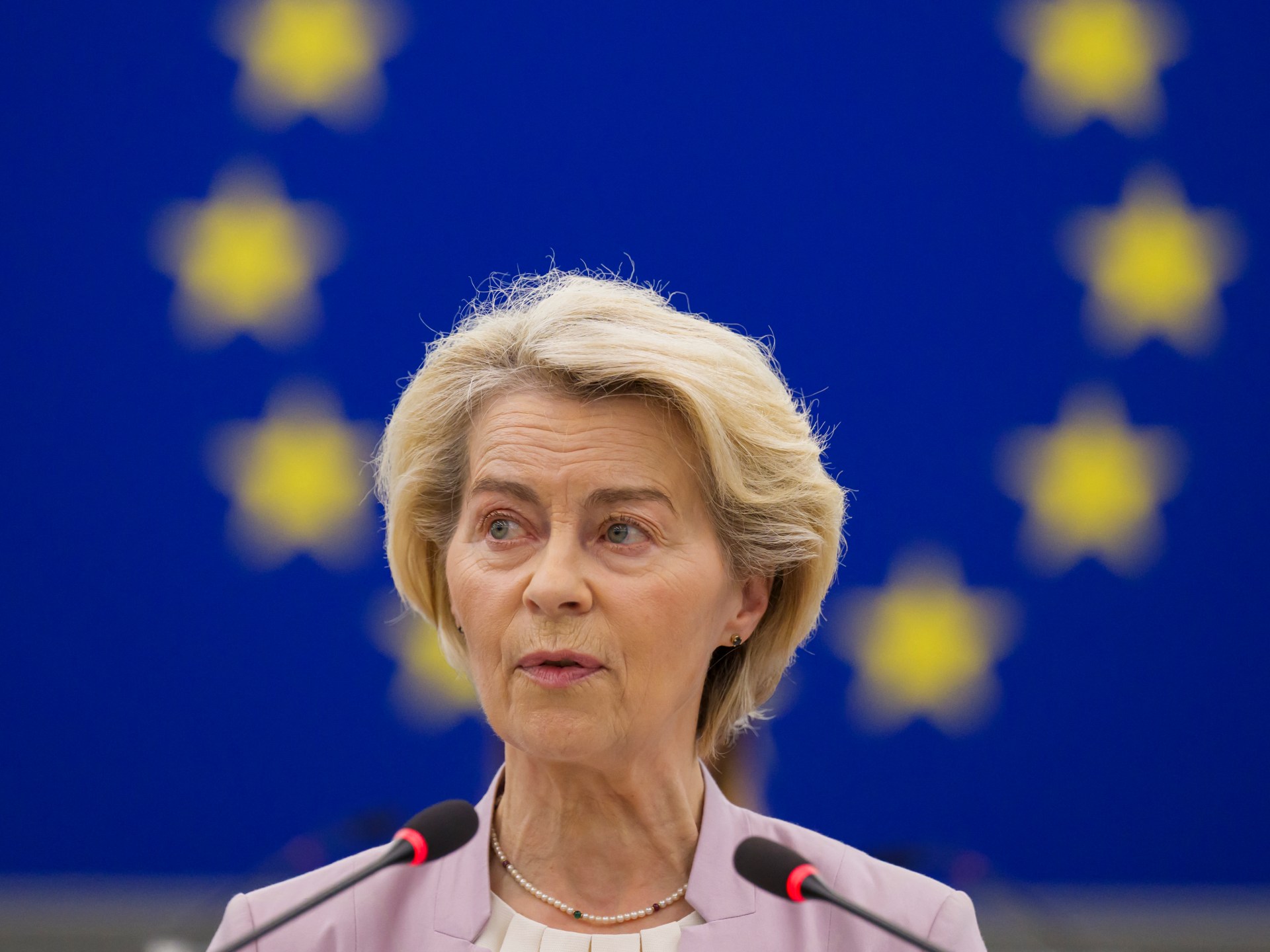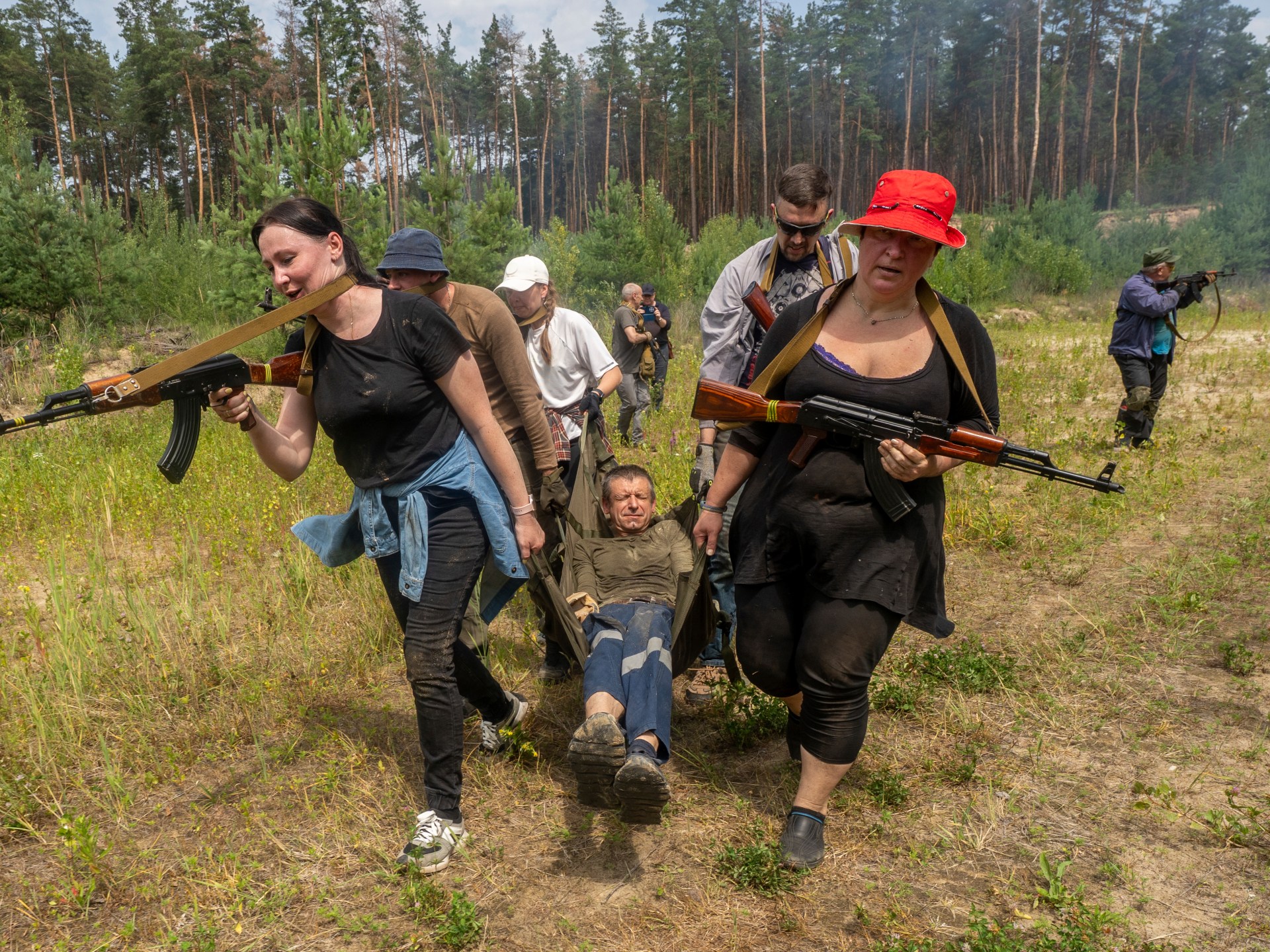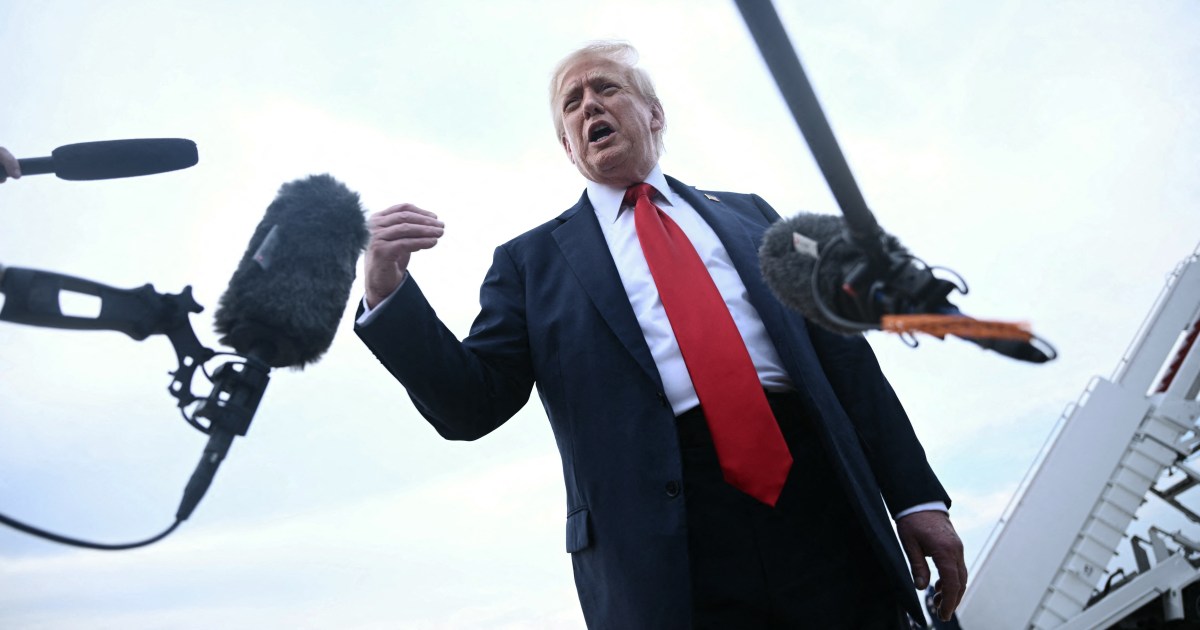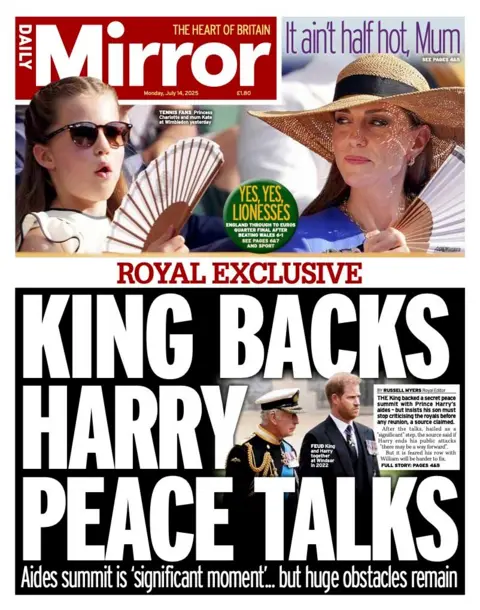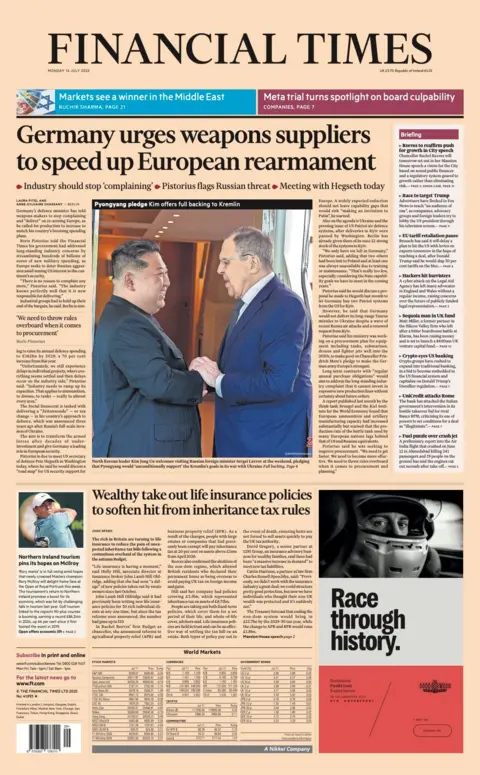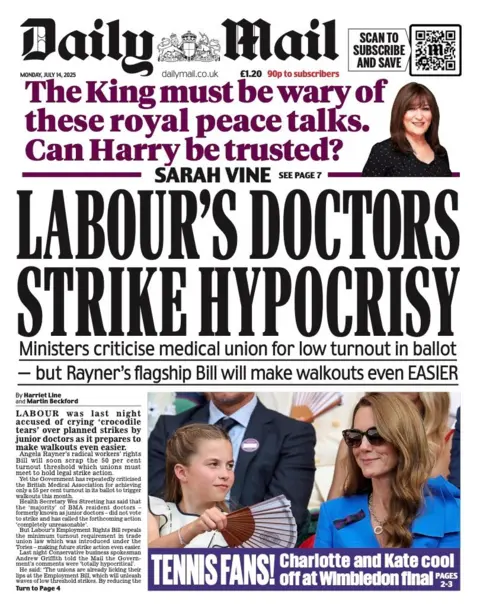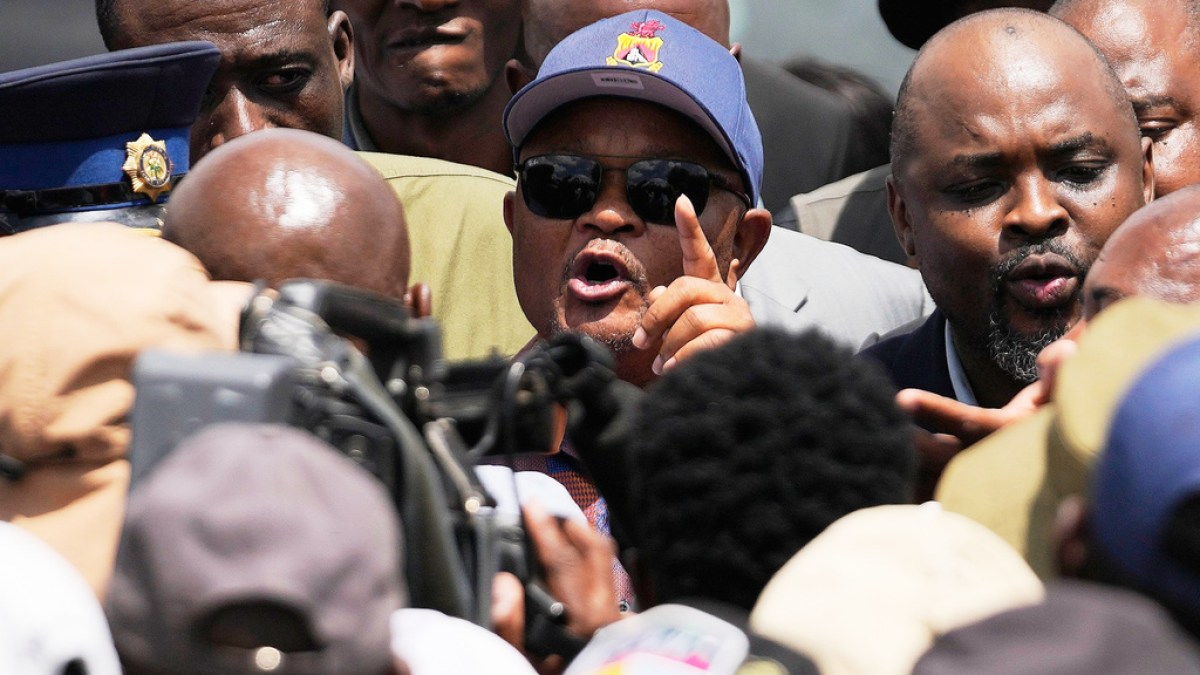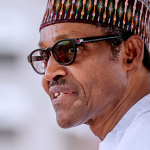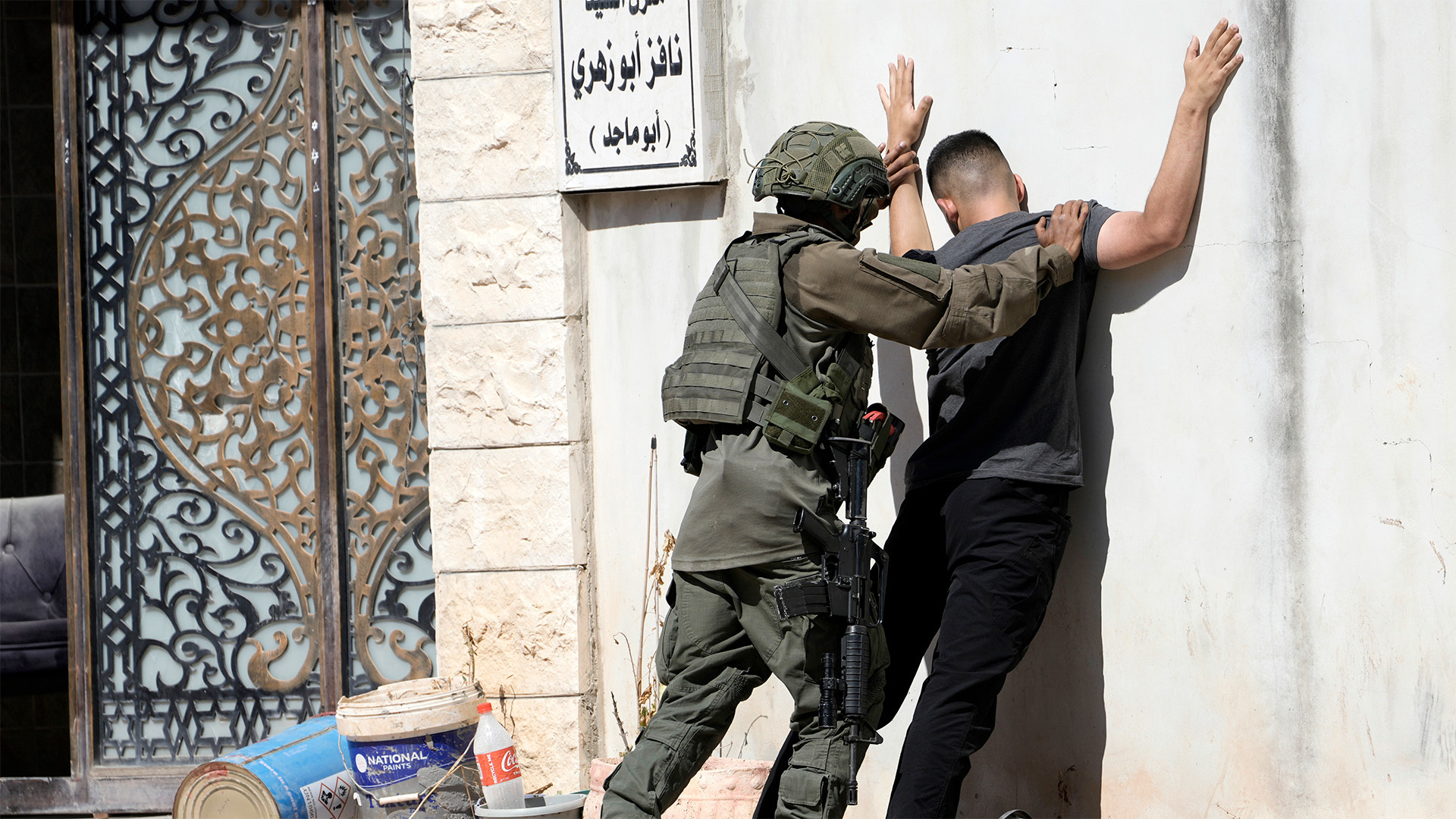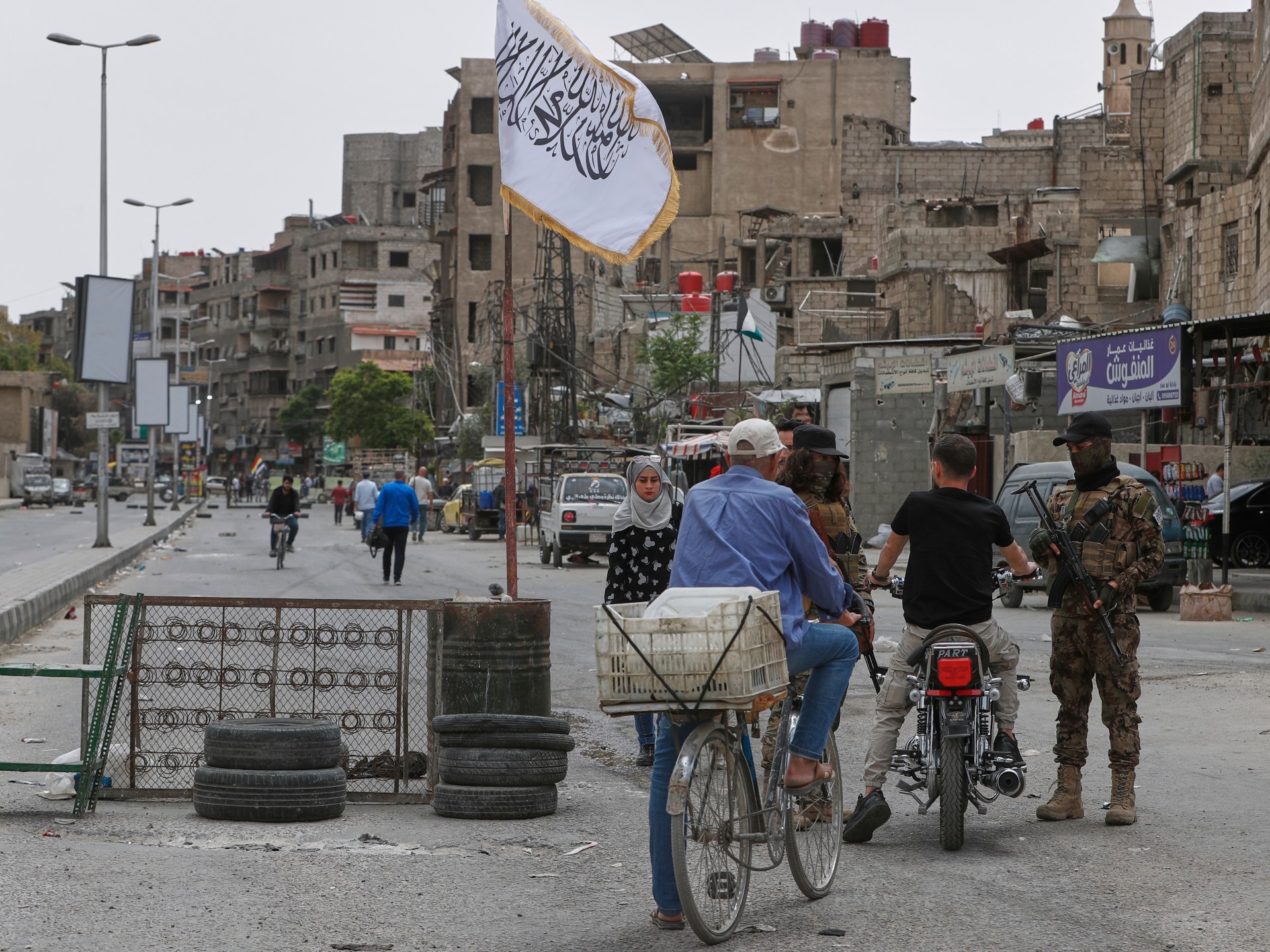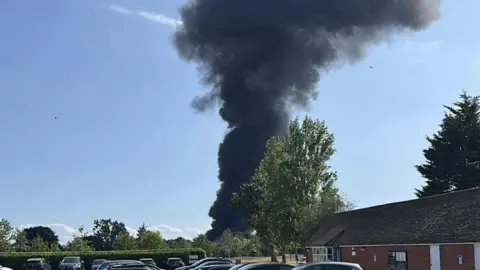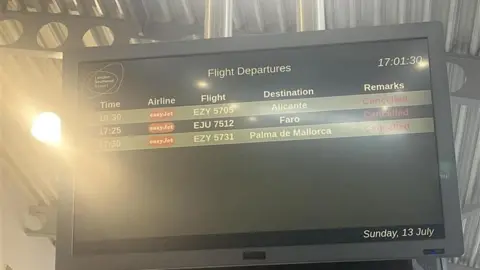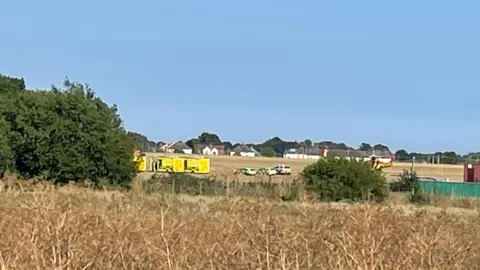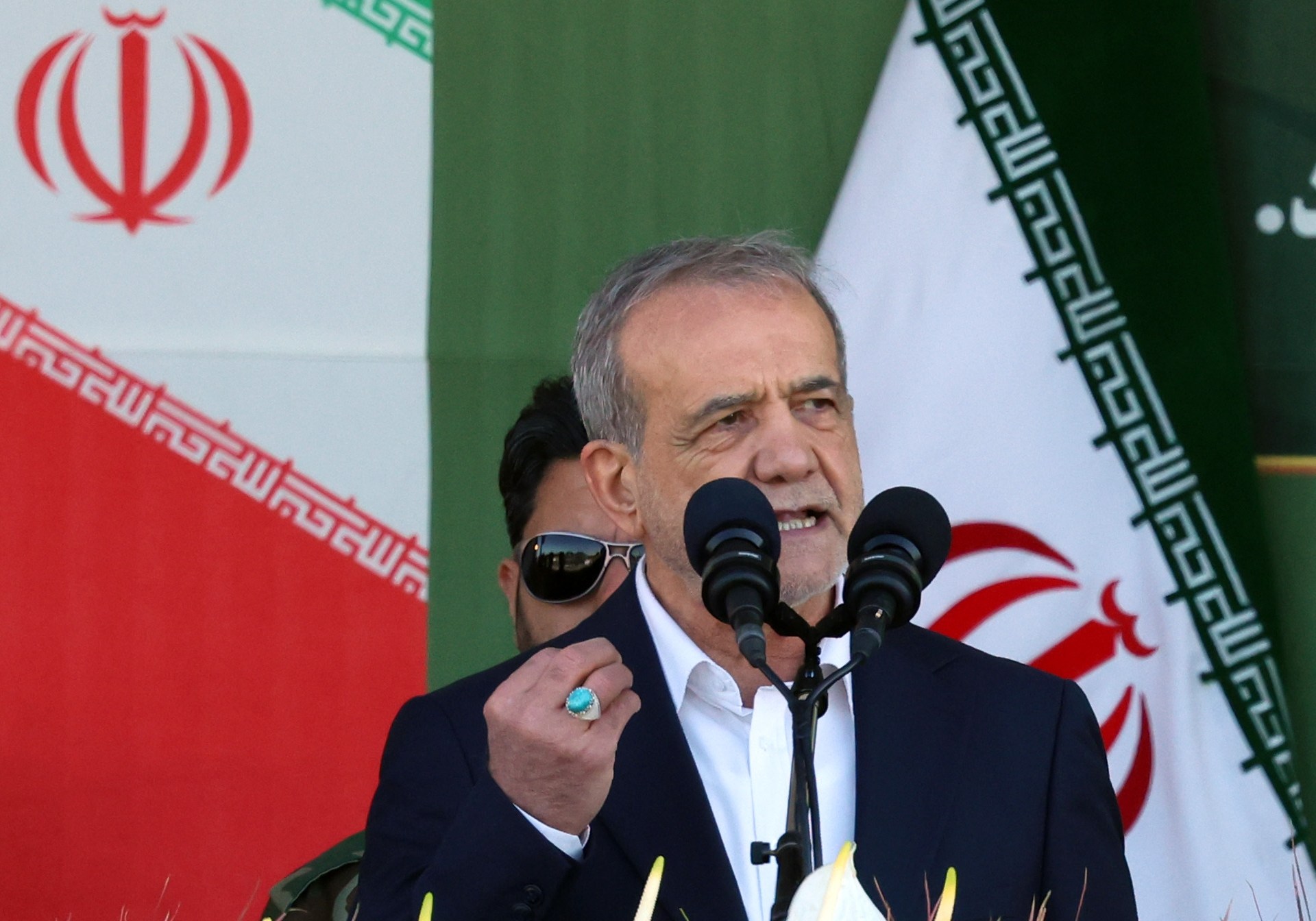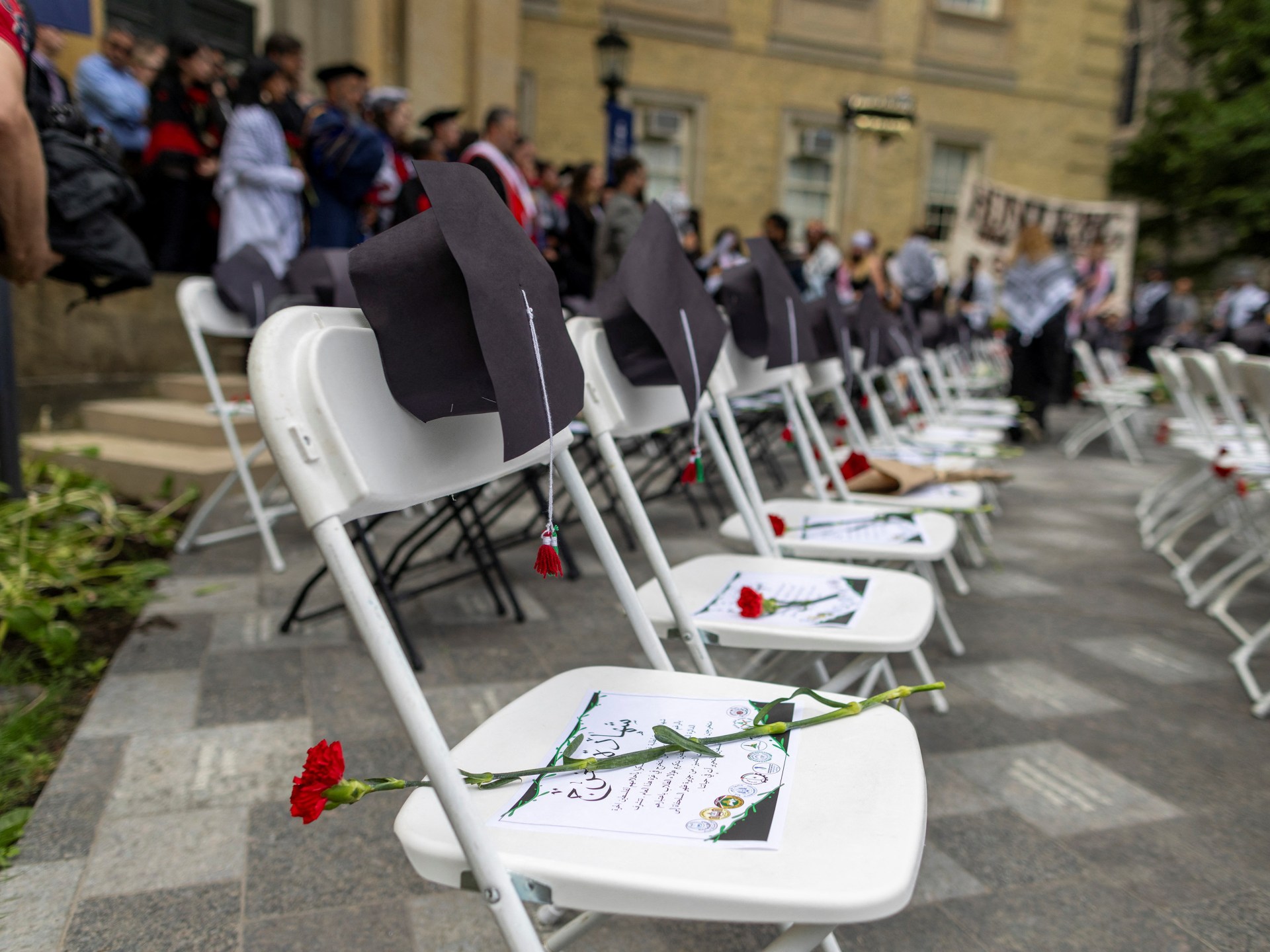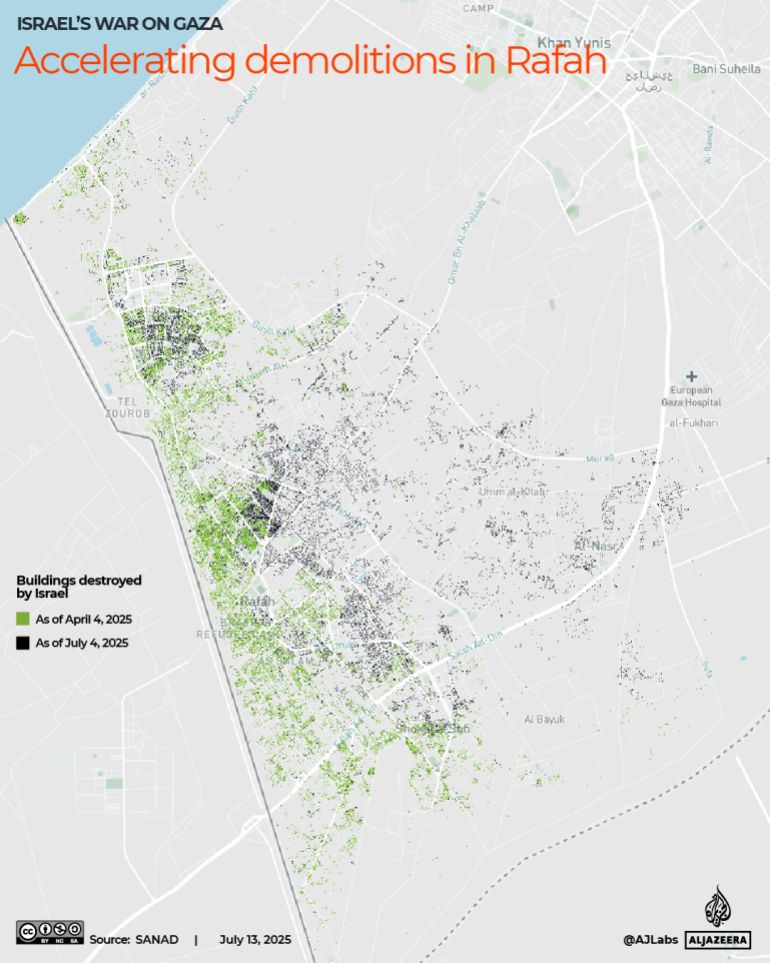In December 2014, an incumbent president lost a re-election bid for the first time in Nigeria’s history.
It was a time characterised by widespread anguish and anger at how insecure the Nigerian life had become. Boko Haram, the extremist insurgent group fighting to establish what it calls an Islamic State, had intensified its violence, killing hundreds of thousands, displacing millions more, and abducting hundreds of teenage girls from school. Bombs were also being detonated in major cities at an alarming rate. For Nigerians, the incumbent President Goodluck Jonathan simply had to go. And so Muhammadu Buhari was voted in with unflinching hope that things would get better. That hope quickly turned into disillusionment and, in some cases, anger as things began to take a different turn than was hoped for.
Today, July 13, the former president, Muhammadu Buhari, passed away at 82, signalling the conclusion of a significant political chapter. As tributes from dignitaries continue to emerge and headlines reflect on his ascent and legacy, HumAngle analyses the impact of his presidency on the lives of Nigerians beyond the halls of power, in displacement camps, remote villages, and troubled areas.
An examination of the security legacy
During his time in office from 2015 to 2023, Nigeria faced increasing violence on various fronts: the Boko Haram insurgency in the North East, a resurgence of militants in the Niger Delta, and the rising threat of terrorism and conflicts between farmers and herders in the North West and Middle Belt.
Buhari’s administration initiated multiple military operations, including Operation Lafiya Dole, Operation Python Dance, Operation Safe Corridor, etc., yielding mixed outcomes and levels of responsibility. While some campaigns succeeded in pushing back armed groups, others faced criticism due to evidence of excessive force, extrajudicial killings, and displacements within communities. Non-kinetic counter-insurgency operations such as the Operation Safe Corridor, which was launched in 2016, also came under heavy criticism. Though the programme was designed for Boko Haram members or members of similar insurgent groups in the northeastern region to safely defect from the terror groups and return to society, HumAngle found that civilians were finding their way into these programmes, due to mass arbitrary arrests prompted by profiling and unfounded allegations. The International Crisis Group also found that, beyond innocent civilians being forced to undergo the programme, other kinds of irregularities were going on.
“The program has also been something of a catch-all for a wide range of other individuals, including minors suspected of being child soldiers, a few high-level jihadists and alleged insurgents whom the government tried and failed to prosecute and who say they have been moved into the program against their will,” the group said in a 2021 report. At the time, more than 800 people had graduated from the programme.
The programme also did not – and still does not – have space for women, and HumAngle reported the repercussions of this.
During Buhari’s reign, terrorists were also forced out of major towns but became more entrenched in rural communities. The former president launched aggressive military campaigns against them, reclaiming villages and cities. Boko Haram retreated into hard-to-reach areas with weaker government presence, operating in remote parts of Borno, Yobe, and Adamawa States. In these areas, the group imposed strict rules, conscripted fighters, and punished dissenters, often with brutal force.
A HumAngle geospatial investigation also showed how insurgency wrecked hundreds of towns and villages in Borno state. Many of the rural settlements were overrun after Boko Haram lost urban ground under Buhari’s watch.
Even with significant investment in security, a large portion of rural Nigeria remains ungoverned to date. As the former president failed to curb the forest exploits of Boko Haram, the terror group expanded control over ungoverned spaces, particularly in the North Central and North East regions. In Niger State alone, terrorists took over communities in Shiroro, Rafi, Paikoro, and Munya LGAs, uprooting thousands and launching multiple attacks. The lack of accessible roads and communication infrastructure made rapid response nearly impossible, allowing the terrorists to operate with impunity.
HumAngle found that, under Buhari, Nigeria lost many forest areas to terrorists, especially in Niger state. In areas like Galadima Kogo, terrorists imposed taxes, enforced laws, and ran parallel administrations. The withdrawal of soldiers from key bases emboldened the terrorists. This shift from urban insurgency to rural domination underscores the failure to secure Nigeria’s vast ungoverned spaces. Analysts who conducted a study on alternative sovereignties in Nigeria confirmed that Boko Haram and other non-state actors exploited the governance gaps under Buhari’s administration to expand their influence, threatening national security.
Perspectives from areas affected by conflict
For individuals beyond Abuja and Lagos, Buhari’s governance was characterised more by the state’s tangible influence than by formal policy declarations.
In Borno and Yobe, civilians faced military checkpoints and insurgent violence. School abductions like the Dapchi abduction and many others were recorded..
In Zamfara and Katsina, the president’s silence on mass abductions often resounded more than his condemnations. In Rivers and Bayelsa, the Amnesty Programme faltered, and pipeline protection frequently took precedence over human security.
What remained unaddressed
While some lauded his stance against corruption, numerous victims of violence and injustice during Buhari’s time in office did not receive restitution or formal acknowledgement of the wrongdoing. The former President remained silent during his tenure, as significant human rights violations were recorded. The investigations into military abuses, massacres, forced disappearances, and electoral violence either progressed slowly or ultimately came to an end.
Police brutality was a major problem during his tenure, leading to the EndSARS protests that swept through the entire nation in October 2020, with Lagos and Abuja being the major sites. The peaceful protests sought to demand an end to extrajudicial killings and extortion inflicted by the now-defunct Special Anti-Robbery Squad (SARS). For two weeks, Nigerians trooped into the streets with placards and speakers, memorialising the victims of police brutality and demanding an end to the menace. The protests came to a painful end on the night of October 20, when the Nigerian military arrived at the Lekki Toll Gate in Lagos and fired live rounds into the crowd of unarmed civilians as they sat on the floor, singing the national anthem. It is now known as the Lekki Massacre. Though the government denied that there was any violence, much less a massacre, a judicial panel of inquiry set up to investigate the incident confirmed that there had, in fact, been a massacre.
No arrests were made, and activitsts believe some protesters arrested then may still be in detention to date.
Five years before this, on December 13 and 14, the Nigerian military opened fire on a religious procession in Zaria, containing members of the Islamic Movement of Nigeria (IMN), killing many and leaving others wounded. The incident is now known as the Zaria Massacre. HumAngle spoke to families of some of the people who were killed and children who were brutalised during this time.
Though these massacres have all been well documented, there has been little to no accountability for the aggressors or compensation for victims and their families.
“My life became useless, losing three children and my husband to soldiers for committing no offence…I have never gone three days without my husband and all my children. This has affected my last-born, who is now in a psychiatric facility,” Sherifat Yakubu, 60, told HumAngle.
“I feel a great wrench of sadness anytime I remember the injustice against my people, and I don’t think the authorities are ready to dispense justice,” another victim told HumAngle in 2022, highlighting the gap and lack of trust in the system created by the absence of any accountability after the incident.
Key achievements
Beyond the headlines, Buhari played a crucial role in establishing a framework for centralised security authority. Choices regarding law enforcement, military presence, and national security circumvented local leaders and established institutions, exacerbating conflicts between the central government and regional entities. This centralisation continues to influence Nigeria’s democratic journey, disconnecting many experiences from those who are supposed to safeguard them.
Buhari rode into power on a widely hailed anti-corruption campaign, a promise honoured with the swift implementation of the already-proposed Single Treasury Account (TSA). By 2017, the programme, which consolidated up to 17,000 accounts, had saved the country up to ₦5.244 trillion. Buhari’s Presidential Initiative on Continuous Audit (PICA) eliminated over ₦54,000 ghost jobs, and Nigeria reclaimed ₦32 billion in assets in 2019. Under the same administration, Nigeria got back $300 million in Swiss-held Abacha loot.
From 2.5 million MT in 2015, rice production rose to four million MT in 2017. In an effort to deter rice, poultry and fertiliser smuggling, the former president closed Nigeria’s land borders on August 20, 2019, a move believed to have bolstered local food production significantly. His government’s Presidential Fertiliser Initiative also produced over 60 million 50 kg bags, saving about $200 million in forex and ₦60 million yearly.
Infrastructural achievements under the late president include the completion of the Abuja-Kaduna, Itakpe-Warri and Lagos-Ibadan railway projects, as well as the extension of the Lagos-Ibadan-Port Harcourt rail line. Notably, his government completed the Second Niger Bridge and the Lekki Deep Seaport.
Fatalities from Boko Haram reduced by 92 per cent, from 2,131 deaths in 2015 to 178 in 2021. Under the same administration, over a million Internally Displaced Persons (IDPs) were resettled, and 13,000+ hostages, including some Chibok and Dapchi schoolgirls, regained freedom. The same government acquired 38 new aircraft and Nigeria’s first military satellite (Delsat-1).
In 2021, the Buhari government signed the Petroleum Industry Act (PIA), restructuring the Nigerian National Petroleum Commission (NNPC) into a commercial entity and setting the stage for significant transformation in the country’s oil and gas sector.
Confronting the past may be the path forward
The passing of a president demands more than mere remembrance or the crafting of political narratives. It should create an opportunity for national reflection. As Nigeria faces fresh challenges of insecurity, displacement, and regional strife, Buhari’s legacy presents both insights and cautions.
As official tributes accumulate, Nigerians reflect not only on what Buhari accomplished but also on what remains incomplete.
